We use cookies on this site to enhance your experience.
By selecting “Accept” and continuing to use this website, you consent to the use of cookies.
The lecture series Shifting Paradigms: Martin Luther’s Enduring Global Impact was delivered by Martin Luther University College scholars during a Third Age Learning Kitchener Waterloo program in early 2020.
The impact of the Reformation ignited by Martin Luther spanned the globe and endures to this day.
The effects of the 16th-century German Reformation range from uplifting to devastating — from Luther’s passionate fight for freedom of conscience and the promotion of education and literacy for all, to his anti-Semitic writing that fuelled the Holocaust during the Second World War.
The lectures were presented at RIM Park, in Waterloo, from Jan. 9 – Feb. 27, 2020.
The lectures made available in our YouTube playlist are predominantly audio accompanied by several images, but presentation slides are available if you wish to follow along.
Martin Luther: Setting the Stage
Listen to the audio recording and follow along with the presentation slides.
Presenter: Rev. Dr. Mark Harris; Principal-Dean of Martin Luther University College (2015-2020)
Appointed principal-dean of Luther in 2015, Mark previously taught in the area of functional theology, served as assistant to the Bishop of the Eastern Synod of the Evangelical Lutheran Church in Canada, and as a parish pastor for 27 years. His doctorate is from the University of Toronto.
Lecture description: Martin Luther, the 16th-century reformer whose work and enduring legacy is being explored in this series, was very much a man of his age. Yet in his theological response to the social, economic, and political forces that were fermenting in the Europe of his day, Luther unleashed currents of change that would reshape the face of Europe and undergird the emergence of the modern world. This introductory lecture will explore a number of the contributing factors that set the stage for Luther’s emergence as a reformer of such sweeping and enduring impact.
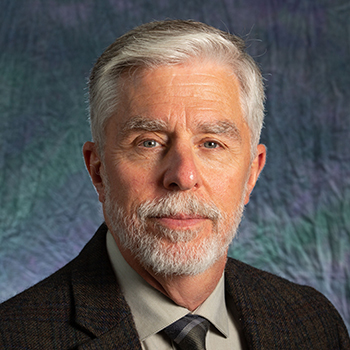
Martin Luther’s Life and Career: A Scholar in Turbulent Times
Listen to the audio recording and follow along with the presentation slides.
Presenter: Rev. Dr. Robert Kelly; Professor Emeritus of Theology, History and Ethics at Martin Luther University College
Dr. Kelly is a native of Southern California who moved to Waterloo in 1985 to teach Systematic Theology at Martin Luther University College (known as Waterloo Lutheran Seminary at the time). He earned his PhD in Historical Theology in 1981.
Lecture description: Up until 1517, Martin Luther lived a fairly typical middle-class life. Then he posted a set of theses for academic debate and set off a series of events that ended up changing the Roman Catholic Church and European society and politics. Along the way he both exhibited theological genius and made some colossal mistakes. His influence continues into modern times and has given rise to a great diversity of interpretations.
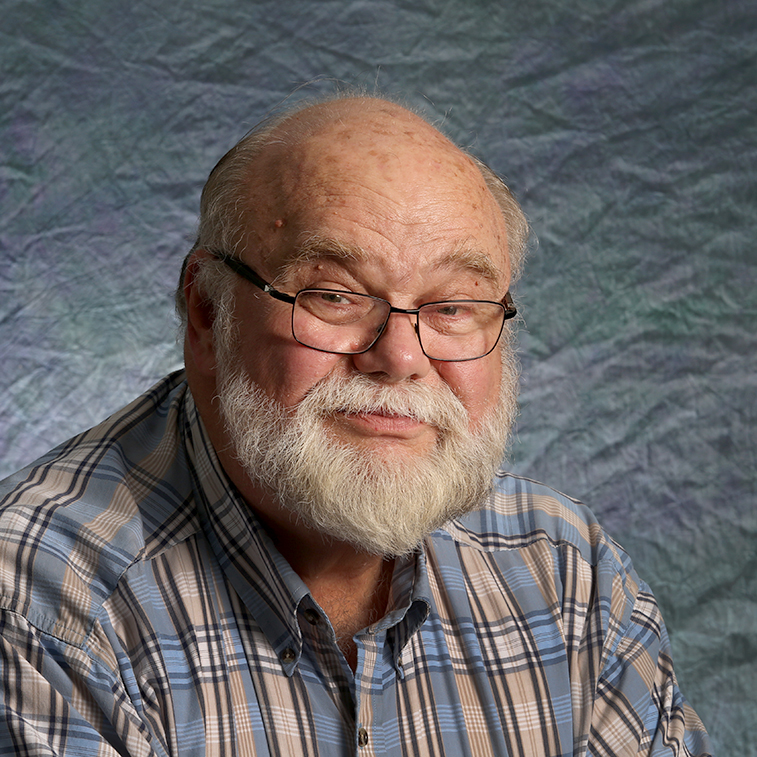
Everything New is Old Again: Tradition and Innovation in Luther’s Theology and Religious Practice
Listen to the audio recording and follow along with the presentation slides.
Presenter: Rev. Dr. Allen Jorgenson; Professor of Systematic Theology, and Assistant Dean of Martin Luther University College
Allen joined Luther’s faculty in 2005 after serving as a parish pastor. He is especially interested in how the life of faith informs, and is informed by, culture. Allen’s areas of academic interest include Martin Luther, Friedrich Schleiermacher, and Indigenous spiritualities and worldviews.
Lecture description: Luther’s global religious, political and social impacts derive from motifs central to this former Augustinian monk’s theology. These include the teaching that God’s love is unconditionally given through the gift of faith (justification); that God’s modus operandi is to meet us in our pain and brokenness (theology of the cross); and that God considers the efforts of the pauper as important as that of the bishop (vocation). In this session we explore how Luther’s new teachings represent old problems resolved in a new key for his time, inviting us to see the task of reformation as an ongoing task.
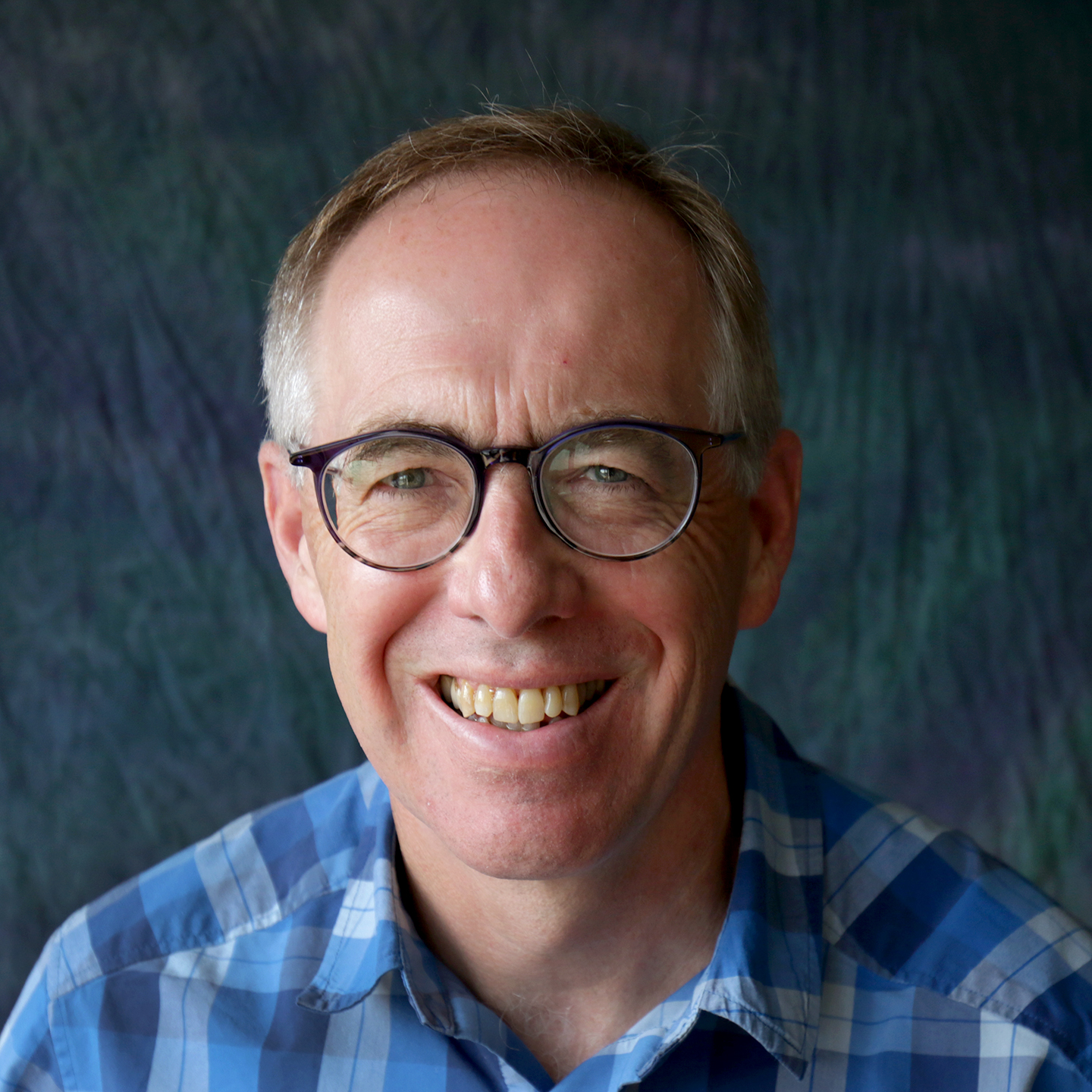
Luther's Musical Dialectic: Singing Faithfully into Context
Listen to the audio recording and follow along with the presentation slides.
Presenter: Debbie Lou Ludolph, Director of the Kanata Centre for Worship and Global Song, and Dean of Chapel, at Martin Luther University College
With degrees in Vocal Performance and Theology, Debbie Lou loves to teach courses, plan events, and enliven conversations at the intersection of singing, theology, and the common good. Debbie Lou is director of Inshallah, the 140+ community choir at Luther, and co-founder of the Sing Fires of Justice project.
Lecture description: Ludolph proposes that using Luther’s theological frame, music is set free to sing good news in each time and place. In this session, we will explore the tensions between identity and difference, as seen through the lens of the texts, tunes and liturgical practice of Luther and applied to the current context.
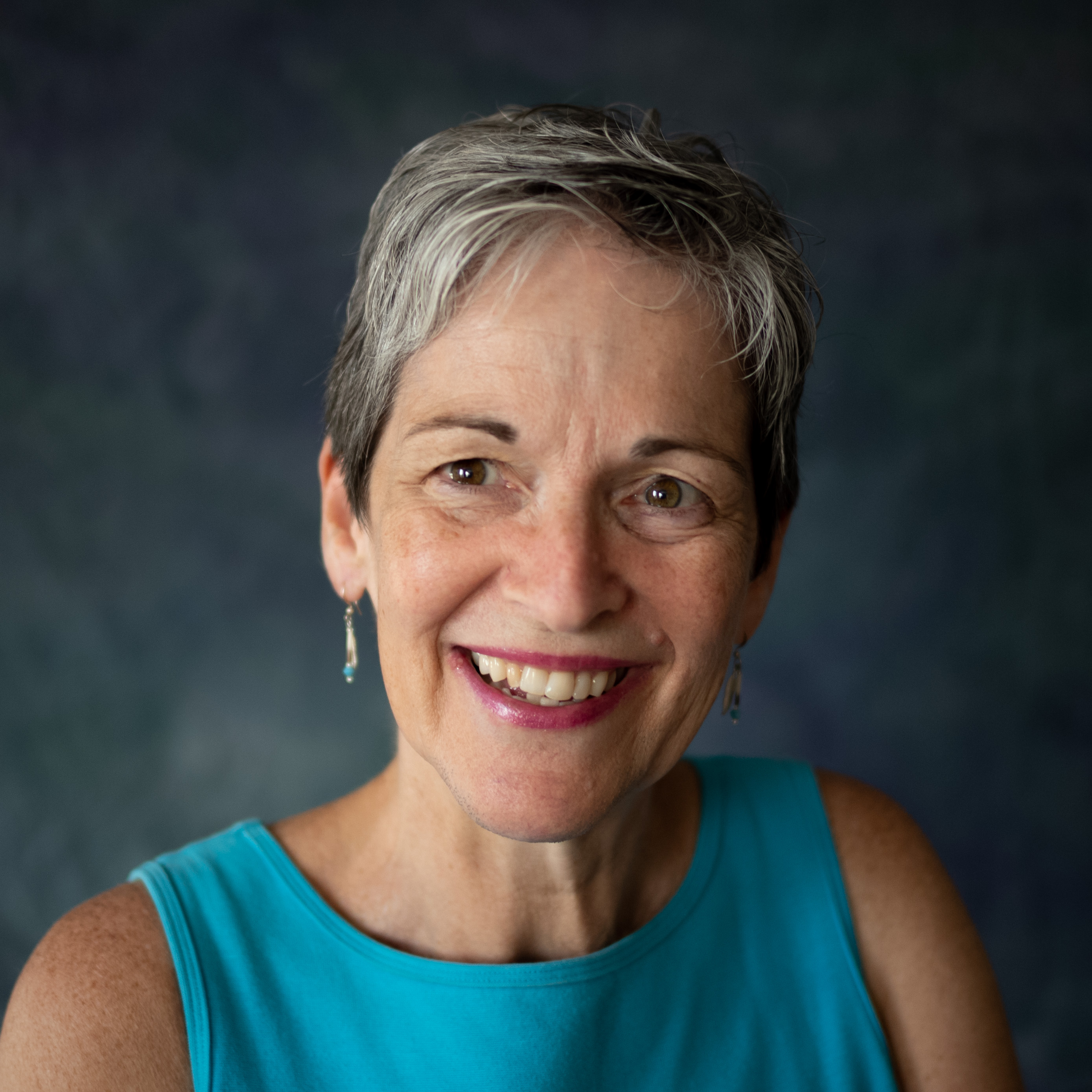
When Doing the Right Thing Doesn’t Make You Right: Martin Luther’s (Very Public) Ethics
Listen to the audio recording and follow along with the presentation slides.
Presenter: Rev. Dr. David Pfrimmer, Professor Emeritus of Martin Luther University College and Fellow at the school’s Centre for Public Ethics
David Pfrimmer taught at Martin Luther University College and served as its principal-dean from 2005-2015. For 25 years, he served as director of the Lutheran Office for Public Policy. David’s current research focus is on faith and public life, and developing his concept of public ethics. He regularly contributes articles and opinion editorials across Canada. His two recent books, published by the Centre for Public Ethics, are Faith in the Public Commons: Pursuing the Common Good (2017) and The Art of Dying Well: Medical Assistance in Dying in Canada, A Public Theological Primer (2017).
Lecture description: The controversial reformer Martin Luther was no paragon of virtue. He was a polarizing figure and a bundle of seeming contradictions. Nevertheless, he offered important insights for ethical deliberation. He understood the flaws of human nature and the need for ethical realism. He promoted the idea of freedom of conscience. He helped encourage moral literacy and service to neighbours. He understood the paradoxical nature of ethical choices and the important role of public opinion. This lecture will examine Luther’s 16th-century contributions to public ethics and how they can inform a 21st-century view of the world and our place in it.
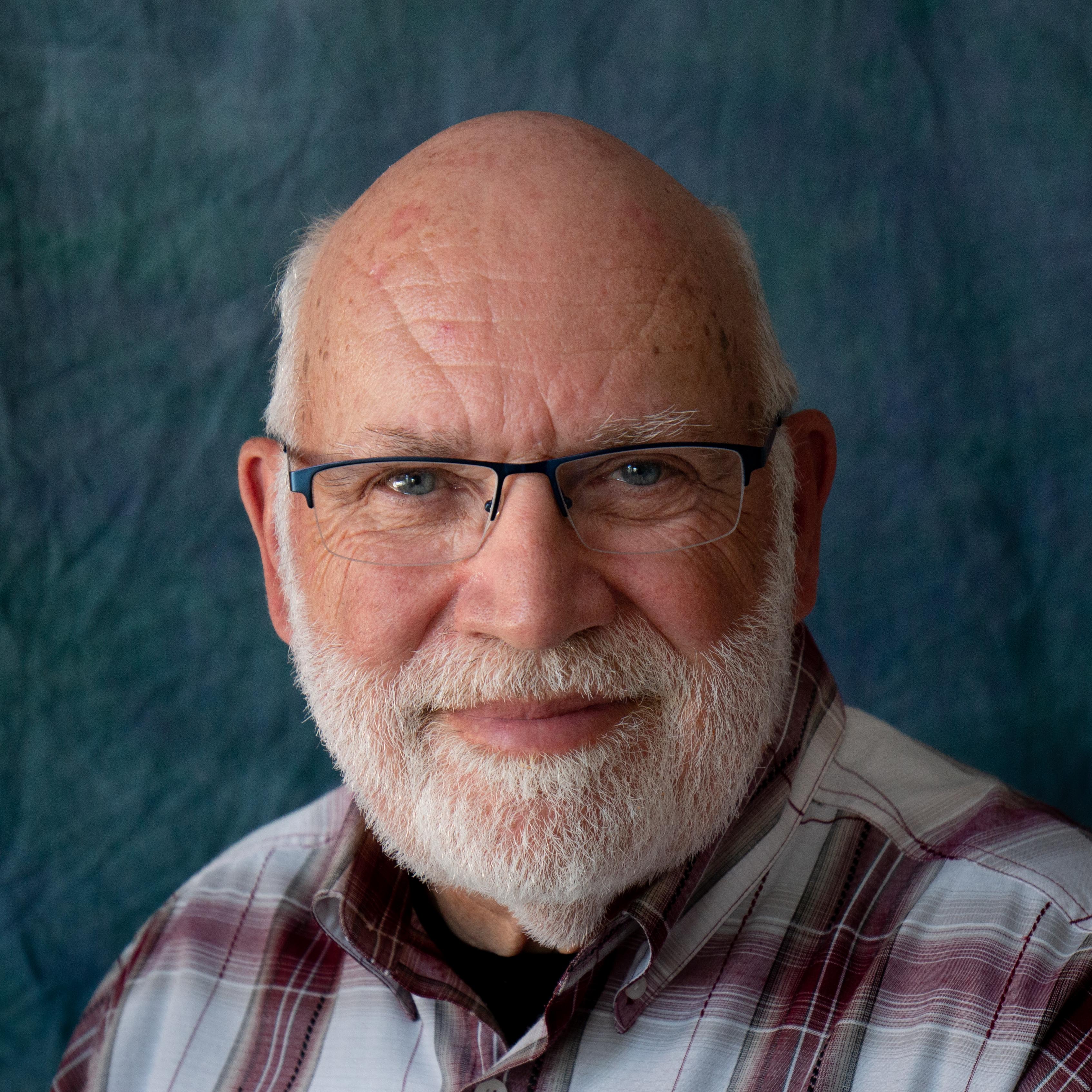
Martin Luther and Care of the Soul
Listen to the audio recording and follow along with the presentation slides.
Presenter: Rev. Dr. Kristine Lund; Director of Spiritual Care and Psychotherapy programs, Professor and Assistant Principal at Martin Luther University College; Clinical Director at the Delton Glebe Counselling Centre.
Kristine is a registered psychotherapist and a psycho-spiritual therapist and supervisor educator with the Canadian Association of Spiritual Care (CASC). She has been a faculty member at Luther since 2005, and the clinical director at the Glebe Centre since 2013.
Lecture description: Luther’s lifelong struggle with melancholy and anxiety is well documented in his own writings and those of Luther scholars. This presentation will address Luther’s context and religious worldview and how these impacted his mental health. It will also consider Luther’s experience of personal reformation, the impact on his mental health, and the implications for living in the 21st-century.
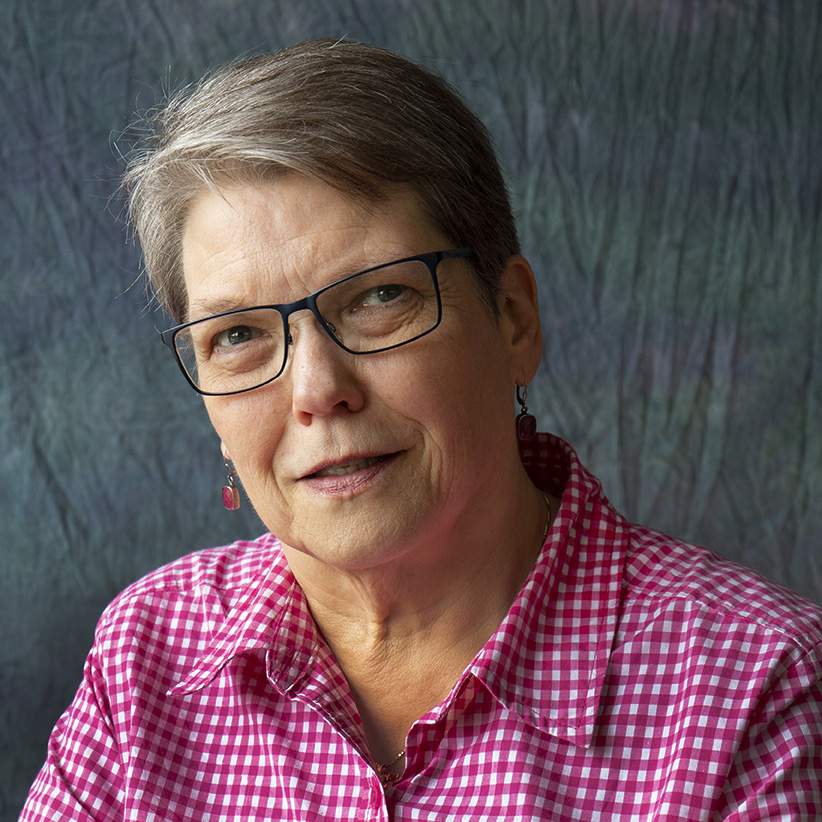
Martin Luther and Anti-Semitism
Listen to the audio recording and follow along with the presentation slides.
Presenter: Dr. Daniel Maoz; Professor of Hebrew Scriptures and Jewish Scholar in Residence at Martin Luther University College
Daniel is Jewish by birth, learning of his Jewish heritage at Hebrew University in Jerusalem in 1996-1997, followed by a bar mitzvah at the Western Wall. Daniel’s MA thesis is on “Luther’s Use of Scripture.” He married a Lutheran, and is a member of both Orthodox and Reform Jewish congregations.
Longer description: Positive contributions of Martin Luther include deep and effective commitment to informal and formal education as well as encouragement of personal individuation. Were anti-Semitism and bigotry against Jews and Muslims Luther’s only notable legacies, Lutheranism would have rightly failed or been marginalized centuries ago. Nor would Waterloo Lutheran Seminary have changed its name to Martin Luther University College. While many of Luther’s flaws can be contextualized in a world that has evolved beyond certain acceptable bigoted perspectives, they require addressing and correcting in order that the benefits of his life contribution remain valid and efficacious in Western Civilization today.
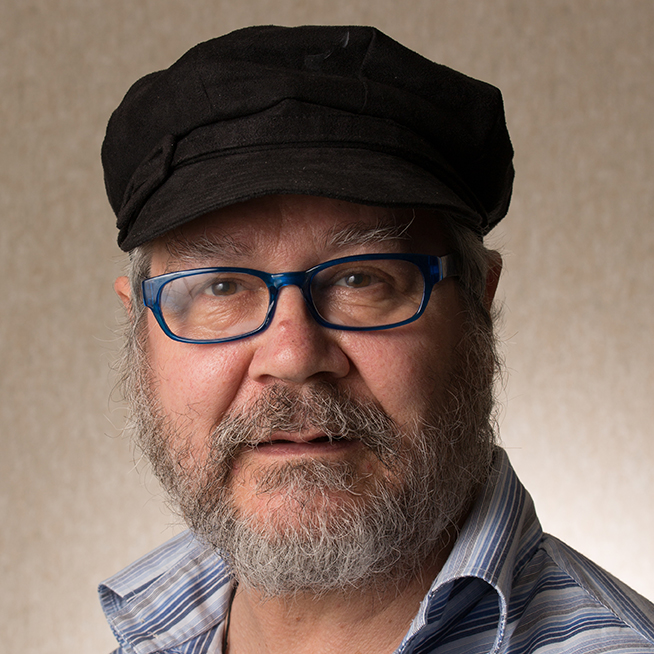
Martin Luther in Global Context
Listen to the audio recording and follow along with the presentation slides.
Presenter: Dr. Mary Philip (aka Joy) is associate professor of Lutheran Global Theology and Mission at Martin Luther University College
Dr. Mary Philip (aka Joy) is a native of India. She taught zoology in India before obtaining her doctorate in theology. Passionate about contextual theology, Dr. Philip brings together context and theology and is dedicated to promoting contextually informed theological education.
Longer description: Martin Luther’s significance lies not in bringing about the Reformation but in taking the risk to name a thing for what it is -- whether it was the church or the crotch -- and rallying people to take a bold stance (even those who disagreed with him) so as to bring about a change, a turning, a metanoia. As nations, communities and peoples we are in the midst of crises -- be it that of faith or fate. And the calling is in the air: The local and global calling for a turning or metanoia.
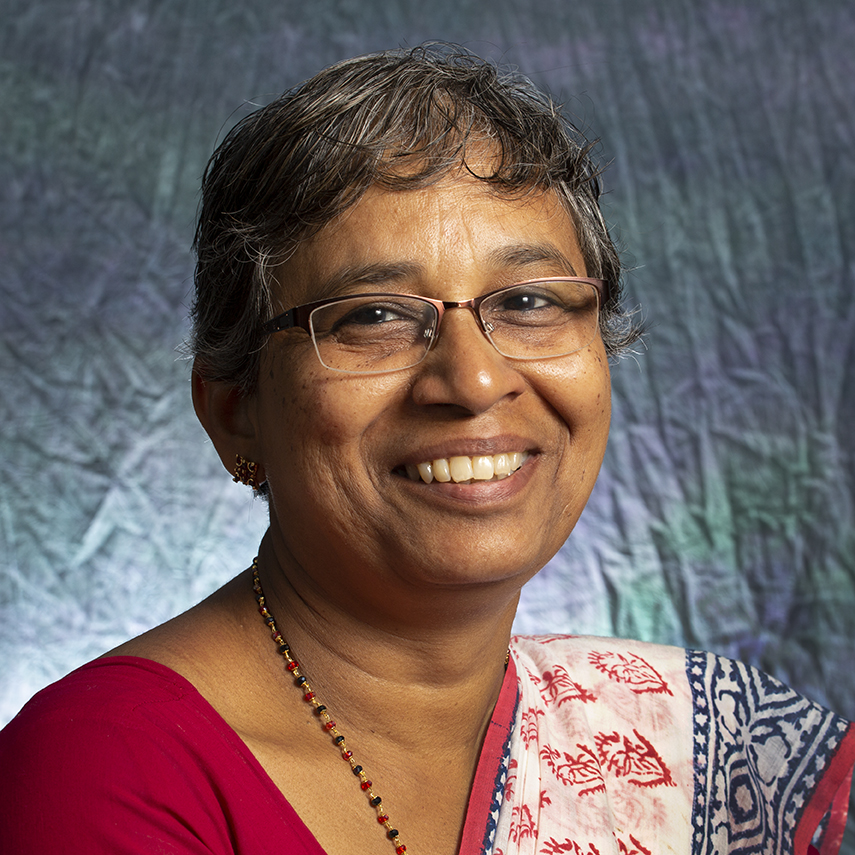
Handbook of European History, 1400-1600: Late Middle Ages, Renaissance, and Reformation (Volumes 1 and 2). Edited by Thomas A. Brady Jr., Heiko A. Oberman and James D. Tracy. Grand Rapids, MI: William B. Eerdmans Publishing Company, 1994, 1995. (Harris)
Martin Marty. Luther: A Life. New York: Viking Penguin, 2004. (Kelly)
Diarmaid MacCulloch, The Reformation: A History. New York: Viking Penguin, 2004. (Kelly)
Christine Helmer. How Luther Became the Reformer. Louisville, KY: Westminster Press, 2019. (Jorgenson)
Paul Westermeyer. Te Deum: The Church and Music. Minneapolis, MN: Augsburg Fortress, 1998. (Ludolph)
Michael N. Jagessar and Stephen Burns. "Embodying Theology in Song." In Christian Worship: Postcolonial Perspectives, 51-65. New York: Routledge, 2011. (Ludolph)
Peter Marshall. The Reformation: A Very Short Introduction. Very Short Introductions. Oxford; New York: Oxford University Press, 2009. (Pfrimmer)
Andrew Pettegree. Brand Luther: 1517, Printing, and the Making of the Reformation. New York: Penguin Press, 2015. (Pfrimmer)
David G A Pfrimmer. “Martin Luther’s Contribution to Public Ethics Today.” In Consensus A Canadian Journal of Public Theology, Reformation Then, Now, and Onward. 38, no. 2 (2017): 23. Available online at: https://pdfs.semanticscholar.org/52db/633f8e7c059c39c725b5c5f75becc680b64c.pdf (Pfrimmer)
Psychotherapy: Cure of the soul (2014). Eds. Thomas St. James O’Connor, Kristine Lund & Patricia Berendsen. Waterloo: Waterloo Lutheran Seminary. (Lund)
James. W. Jones (2009). “Luther in contemporary psychoanalysis: Living in the midst of horrors.” In The Global Luther: A theologian for modern times. Ed. Christine Helmer. Minneapolis: Fortress Press. (Lund)
Kristine Lund (2017) “The Therapeutic Relationship as a Context for Reformation”. Consensus Vol. 38 Iss. 1 Article 5. (Lund)
Martin Luther. The Jews and Their Lies. Liberty, South Carolina: Liberty Bell Productions, 2004. (Maoz)
Christopher J. Probst. Demonizing the Jews: Luther and the Protestant Church in Nazi Germany. Bloomington: Indiana University Press in association with the United States Holocaust Memorial Museum, 2012. (Maoz)